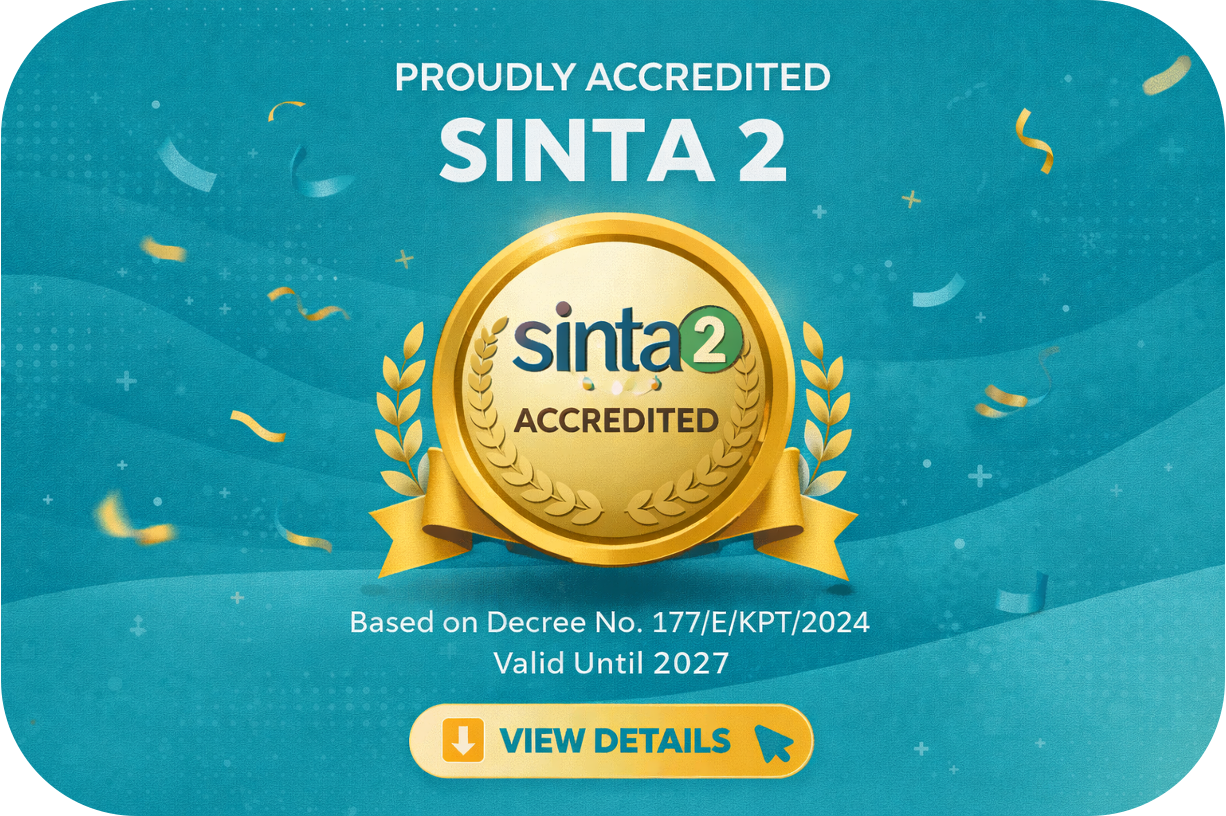Halal Food Industry: Challenges and Opportunities in Europe
DOI:
https://doi.org/10.21580/jdmhi.2020.2.1.5799Keywords:
European Industry, Halal Food IndustryAbstract
The halal industry in Europe has experienced significant development, especially in the food sector. This study aims to analyze the challenges and opportunities of the halal food industry in Europe. The method uses a qualitative approach, with secondary data sources. The analysis technique uses a descriptive approach. The study results show that the development of the halal food industry in Europe was triggered by the increasing demand for halal certification and quality assurance, as well as the development of the tourism sector. This is a great opportunity for industry players to be able to meet the high demand for halal food. The challenge is how to improve quality and can meet halal standards to meet global demand.
Downloads
References
A, A. (2016). An empirical study on non-Muslim’s packaged halal food manufacturers: Saudi Arabian consumers’ purchase intentionNo Title. Journal of Islamic Marketing, 7.
Al-Ghazali. (2007). Etika Islam Bimbigan Awal Menuju Hidayat Ilahi. Pustaka Setia.
Bolwijn, R., Casella, B., & Zhan, J. (2018). International production and the digital economy. In Progress in International Business Research (Vol. 13, pp. 39–64). Emerald Group Publishing Ltd. https://doi.org/10.1108/S1745-886220180000013003
Bonne, K., and Verbeke, W. (2018). Muslim consumer trust in halal meat status and control in Belgium. Https://Biblio.Ugent.Be/Publication?Q=parent+exact+%22MEAT+SCIENCE%22.
Burhanudin. (2011). Hukum Perlindungan Konsumen. UIN Maliki Prees.
Euromonitor. (2015). Doing Business in the Halal Market- Products, Trends and Growth Opportunities.
Faqiatul Mariya Waharini, A. H. (2018). Model Pengembangan Industri Halal Food di Indonesia. Jurnal Muqtasid, 9.
Fauzi, M., Azizah, A. N., & Nurfauziyah, L. (2020). The Concept of Ifta ’in Establishing Halal Law (Study of Usul fiqh on Legal Determination Methods). Journal of Digital Marketing and Halal Industry, 1(1), 83. https://doi.org/10.21580/jdmhi.2019.1.1.4776
Halal la carte. (2020). The Economist.
Haleem, A. a. (2017). Towards successful adoption of halal logistics and its implications for the stakeholders. British Food Journal, 119.
Hussein Elasragh. (2018). ’Economics of Halal Industry. Kindle Edition.
Javeed Anam, B. M. (2018). Conceptualizing the relation between halal logo, perceived product quality and the role of consumer knowledge. Journal of Islamic Marketing.
Juan Eduardo Campo, ed. (2009). Halal. In Encyclopedia of Islam (p. 284). Infobase Publishing.
Lembaga Pengkajian Pangan, Obat-obatan, dan K. M. U. I. (LPPOM). (2016). DAFTAR Belanja Produk Halal, Daftar Produk Halal LPPOM.
Mubbsher Munawar Khan, H. A. (2017). Investigating the consumer behavior for halal endorsed products: Case of an emerging Muslim market. Journal of Islamic Marketing, 8(4), 625–641.
Mukhtar, A. a. (2012). Intention to choose Halal products: the role of religiosity. Journal of Islamic Marketing, 3, 108–120.
Ngah, A. Z. (2014). Adoption of halal Supply Chain among Malaysian halal Manufacturers: An Exploratory Study. Social and Behavioral Sciences, 129, 388–395.
Nur Asnawi, B. M. (2018). Halal Products Consumption in International Chain Restaurants among Global Moslem Consumers. International Journal of Emerging Markets, 132.
Pewforum. (2016). The Future of the Global Muslim Population. http://www.pewforum.org/ 2011/01/27/the-future-of-the-global-muslimpopulation/ .Retrieved. 22 Desember 2019.
Rajagopal, S. R. (2011). Journal of Islamic Marketing. Halal Certifi Cation: Implication for Marketers in UAE, 2, 138–153.
Rohman A. (2012). Pengembangan dan Analisis Produk Halal. Pustaka Pelajar.
Silalahi, U. (2010). Metode Penelitian Sosial. Refika Aditama.
Standard, T. R. and D. (2015). Global Halal Market. Halal Industry.
Suddin Lada, G. H. (2009). Predicting intention to choose halal products using theory of reasoned action. International Journal of Islamic and Middle Eastern Finance and Management, 2, 66–76.
Waqar Ahmed, A. H. (2018). Consumer behaviour towards willingness to pay for Halal products: An assessment of demand for Halal certifi cation in a Muslim country. British Food Journal.
Downloads
Published
Issue
Section
License
The copyright of the received article shall be assigned to the journal as the publisher of the journal. The intended copyright includes the right to publish the article in various forms (including reprints). The journal maintains the publishing rights to the published articles. Authors are allowed to use their articles for any legal purposes deemed necessary without written permission from the journal with an acknowledgment of initial publication to this journal.
The work under license Creative Commons Attribution-ShareAlike 4.0 International License.







